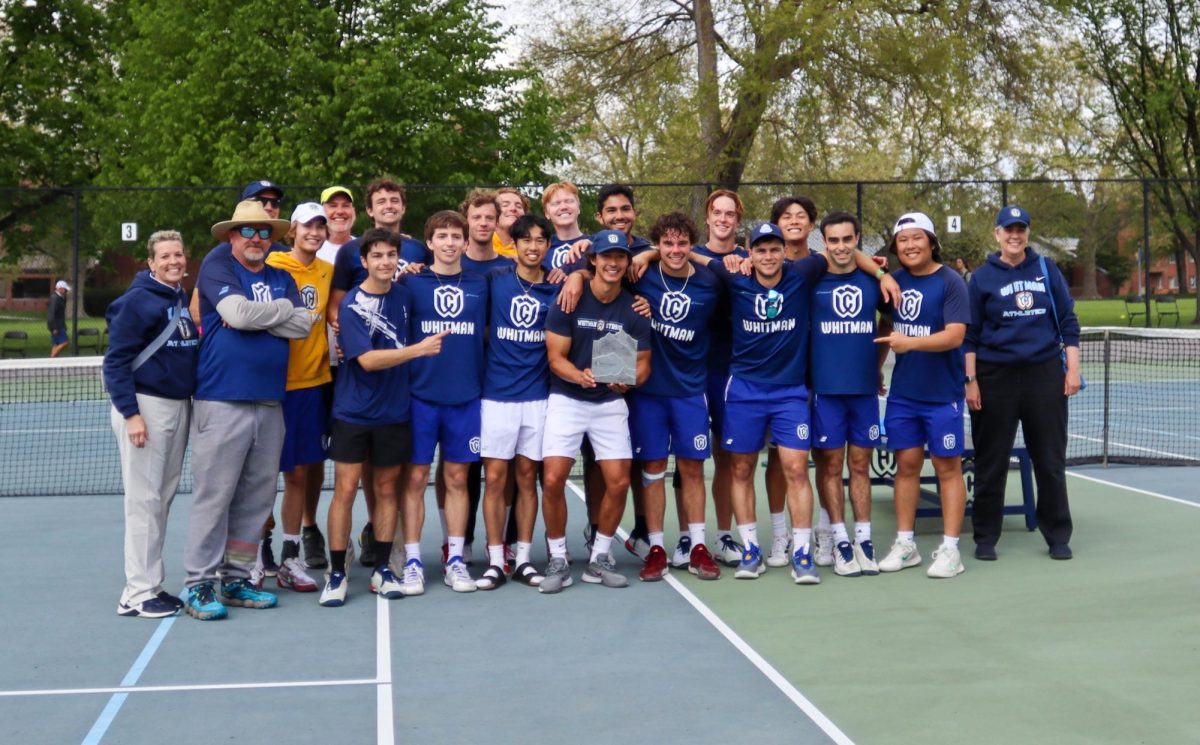Like most diehard college basketball fans, I believe that the Opening and Second Round games in the NCAA tournament are the four greatest days of the year. I call it an extended Christmas, some call it a shorter Hanukkah, but all agree that it is a state of basketball euphoria.
While most of us watch these games clutching our brackets in hand and praying that our predicted upsets come true to prove our basketball genius, some people nervously view the games with hopes of winning big money. Like other sports, people love to gamble on college basketball.
Legally, experts expect that the total of all bets will exceed $100 million by the tournament’s end. When including bracket pools, underground bookies and offshore sports books, that number skyrockets to $12 billion. To me, the phenomenon of college basketball gambling is not ludicrous because of the large amounts of money being exchanged, but rather because of the fact that people will leave their money in the hands of 18-22-year-old athletes.
I understand that the athletes who play in the NCAA tournament are there for a reason. They are mentally tough, talented basketball players who all have a chance of playing professionally in some capacity once their college years are over. Out of the thousands of college basketball players in the country, they are the ones still standing when the dust of the regular season has settled.
The part that leaves me dumbfounded is considering all of the outside distractions that occur behind the scenes that gamblers cannot account for, but still are willing to take a chance on. Sure, the most studious gamblers factor rumored injuries and travel time into their bets, but how are you supposed to know if a team’s first-year point guard didn’t get any sleep because he was Skyping with his high school sweetheart all night? Or if a veteran post player is finally getting the chance to play in his hometown, but can’t focus on preparing for the game because every contact in his cellphone is blowing him up for a ticket? Coaches attempt to minimize distractions by limiting cell phone use and issuing strict curfews, but various types of distractions inevitably take place, especially on a stage like the NCAA Tournament.
To make matters worse for hopeful betters, first-years and sophomores now fill the starting lineups of many of the high-profile teams in the tournament. While they are undoubtedly high in talent and potential, they don’t possess the experience that grizzled seniors bring to the table.
History shows, however, that the cream rises to the top. Regardless of a player’s age, the truly elite players historically carry over their exceptional play from the regular season into the NCAA tournament.
The problem for betters lies in figuring out which player can carry over regular season success into the NCAA Tournament. Because for every player that lives up to their lofty pre-tournament billing, there are slews of players who underperform not only because of previously described outside distractions, but simply because guys have off-nights. That’s the nature of the game.
For the average, avid fan, the unpredictably of the NCAA tournament is what makes beautiful. For people losing their paychecks to a half court buzzer beater, the tournament is maddening. So while we spend two more evenings watching the Final Four and eventually the National Championship game, I hope that we can all tear up our brackets in unison and leave our wallets out of it.



